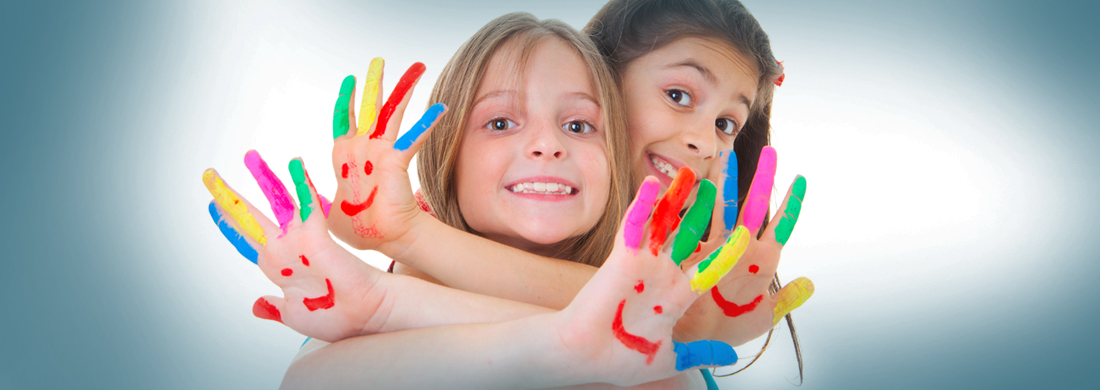/ drdtduyguaytac
General Anesthesia and Sedation in Children

General Anesthesia and Sedation in Children
Even
adults face dental treatments with fear and anxiety. So it's only normal
children might not naturally adapt to dental treatment. In such a case, if many
teeth need treatment or if delayed dental treatment results in the need of a
stronger and more complex treatment, all procedures must be done in a single
session with either sedation or general anesthesia. If your child's treatment
is planned to be done under general anesthesia, make sure they haven't eaten
solid or liquid food (including water) for 6-8 hours prior the treatment.
In which situation is general anesthesia preferred?
General anesthesia is applied to children or young people who; need dental treatment and are not thought to improve behavior in a short period of time, do not comply with any kind of dental treatment, show fear and physical resistant, or are unable to communicate. Children with physical, mental, or medical conditions are also suitable for general anesthesia. Very young children with a large number of decay and abscesses may be more appropriate to be treated with anesthesia as well.
In which situation is general anesthesia preferred?
General anesthesia is applied to children or young people who; need dental treatment and are not thought to improve behavior in a short period of time, do not comply with any kind of dental treatment, show fear and physical resistant, or are unable to communicate. Children with physical, mental, or medical conditions are also suitable for general anesthesia. Very young children with a large number of decay and abscesses may be more appropriate to be treated with anesthesia as well.